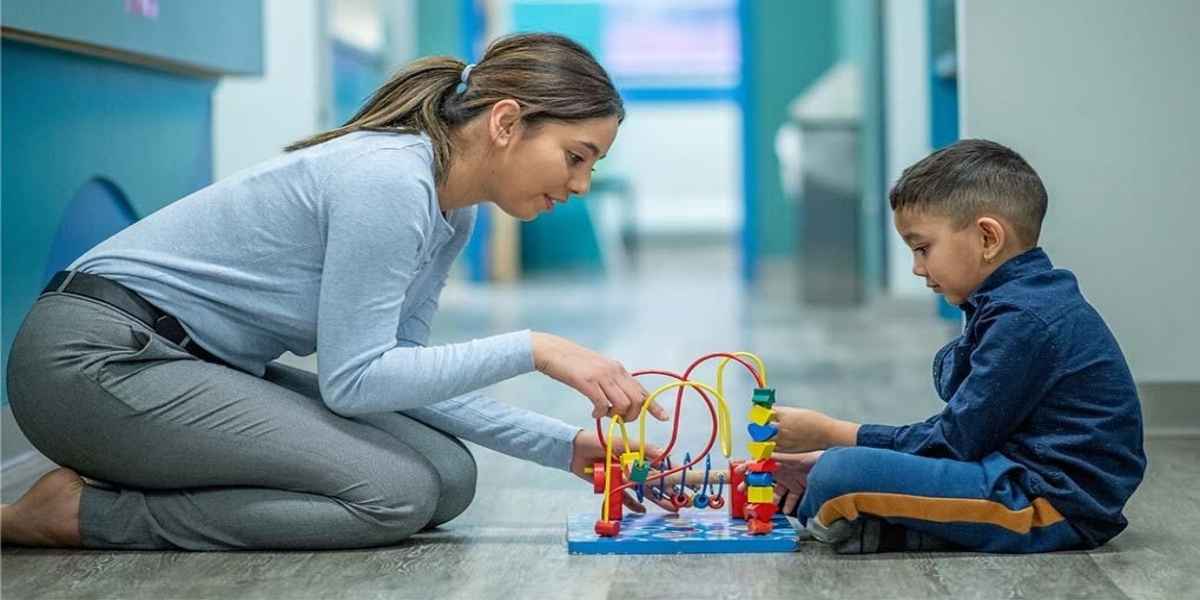Call Us
B.Sc Occupational Therapy Course
Overview
- Bachelor of Science (B.Sc) in Occupational Therapy is an undergraduate program that focuses on helping individuals develop, recover, or maintain meaningful activities (occupations) despite physical, mental, or cognitive challenges.
- Occupational therapists play a crucial role in improving patients’ quality of life by using therapeutic techniques to assist them in daily living and work activities.
- The course is ideal for students interested in healthcare, rehabilitation, and patient-centered therapy.
- A B.Sc in Occupational Therapy is an excellent choice for those passionate about making a difference in the lives of others through therapeutic care.
- With rising awareness of mental health, rehabilitation, and holistic wellness, the demand for occupational therapists is increasing both in India and globally.
- Whether you aspire to work in clinical settings, educational institutions, or even corporate wellness programs, this degree offers a fulfilling and dynamic career path.
Age Limit
- Generally, the minimum age requirement for B.Sc in Occupational Therapy is 17 years at the time of admission.
- There is usually no upper age limit, but some institutes may have specific age-related criteria.
Eligibility
- Educational Qualification: Candidates must have completed 10+2 or equivalent from a recognized board with Physics, Chemistry, and Biology (PCB) as core subjects.
- Minimum Marks: A minimum of 50% marks (may vary between institutions) in aggregate in PCB.
- Medical Fitness: Candidates may be required to undergo a medical examination to prove they are physically fit to pursue the course.
Duration
- The B.Sc in Occupational Therapy is typically a 4-year course, which includes 6 months of clinical internship.
- Some universities may structure the internship differently.
Course Fees
- The fee structure varies from one institution to another. On average:
- Government Colleges: ₹20,000 – ₹50,000 per year
- Private Colleges: ₹70,000 – ₹2,00,000 per year
Entrance Exams
- Admission can be through merit or entrance exams, depending on the institution. Some popular entrance exams include:
- NEET-UG (in some states/universities)
- IPU CET – Guru Gobind Singh Indraprastha University
- JIPMER Entrance Exam
- Manipal Entrance Test (MET)
- State-level exams for health science courses
Career Opportunities
- Occupational Therapists can work in a variety of settings such as:
- Hospitals and rehabilitation centers
- Nursing homes
- Schools and special education centers
- NGOs and community health programs
- Private clinics
- Corporate and industrial health programs
- Occupational Therapist
- Pediatric Occupational Therapist
- Geriatric Therapist
- Rehabilitation Therapist
- Ergonomic Specialist
- Hand Therapist
Placement Opportunities
- Most reputed colleges have active placement cells with tie-ups with hospitals, clinics, and rehabilitation centers.
- Leading recruiters include:
- Fortis Healthcare
- Apollo Hospitals
- AIIMS
- Max Healthcare
- NGOs and private therapy centers
- International opportunities in countries like USA, Canada, UK, Australia
Salary
- Fresh graduates can expect:
- Starting Salary: ₹2.5 LPA – ₹4.5 LPA in India
- With experience and specialization, the salary can grow to ₹6 LPA – ₹10 LPA
- Abroad, licensed occupational therapists can earn USD 60,000 – USD 100,000 annually.
Syllabus
- The syllabus includes theoretical and practical subjects such as:
- Anatomy
- Physiology
- Psychology
- Biomechanics
- Pathology
- Occupational Therapy in Physical Dysfunction
- Occupational Therapy in Mental Health
- Rehabilitation Medicine
- Assistive Technology
- Clinical Training and Internship
Specializations
- After completing B.Sc in Occupational Therapy, students can specialize further through post-graduate studies in areas such as:
- Pediatrics
- Geriatrics
- Neurology
- Orthopedics
- Mental Health
- Ergonomics and Industrial Therapy
- Hand Therapy
After B.Sc in Occupational Therapy
- Graduates have several options:
- Pursue Higher Education:
- M.Sc in Occupational Therapy
- Master of Occupational Therapy (MOT)
- MBA in Hospital Management or Health Administration
- Start Clinical Practice:
- Open private clinics or join rehabilitation centers
- Apply for Government Jobs:
- Work in government hospitals or rehabilitation units
- International Certification:
- Qualify for licensing exams such as NBCOT (USA), HCPC (UK), or AHPRA (Australia) for global practice
Popular Colleges and Universities
- Here are some of the reputed institutions offering B.Sc in Occupational Therapy:
India
- All India Institute of Medical Sciences (AIIMS), Delhi
- Christian Medical College (CMC), Vellore
- Seth GS Medical College, Mumbai
- Manipal College of Health Professions, Manipal
- SRM Institute of Science and Technology, Chennai
- JSS College of Physiotherapy, Mysore
- National Institute for Locomotor Disabilities (Divyangjan), Kolkata
- Institute of Post Graduate Medical Education & Research, Kolkata
Abroad
- University of Southern California (USC), USA
- University of Toronto, Canada
- University of Sydney, Australia
- Brunel University London, UK
